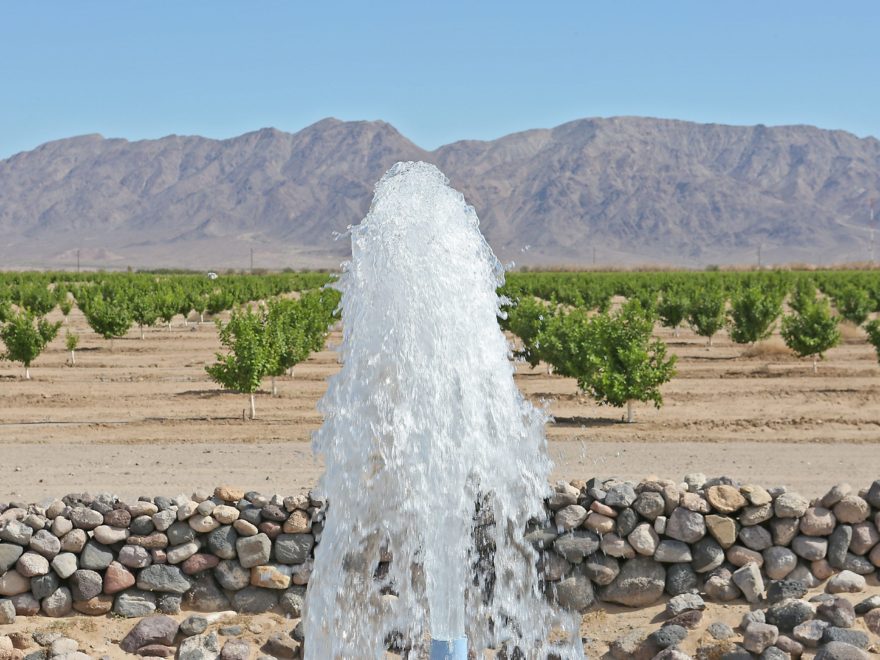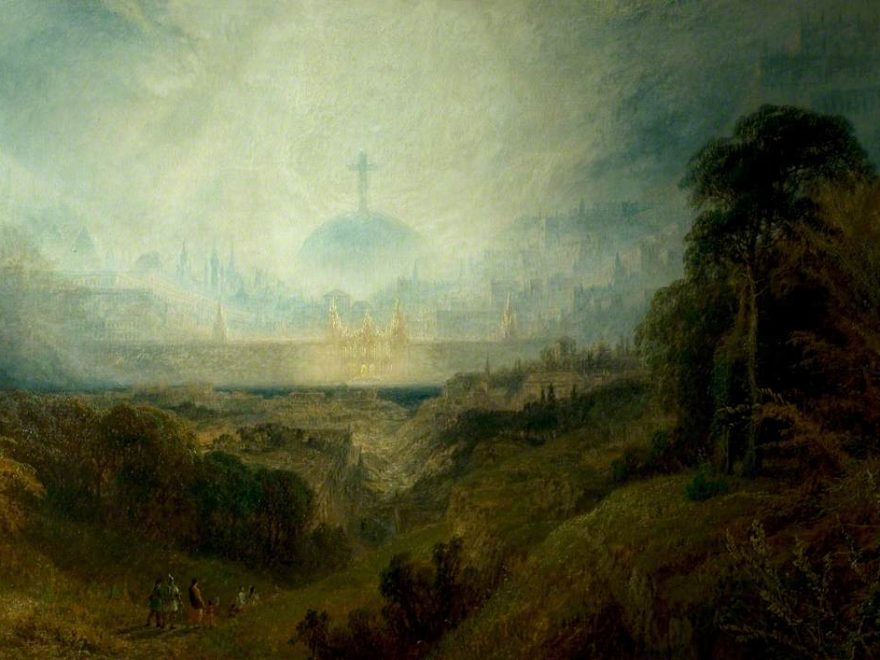Tag: habit training
-

The Pathway to Mastery: Apprenticeship in the Classroom
A new book landed on my desk around the beginning of the school year. Robert Greene’s Mastery (New York: Viking, 2012) touches on a number of points that are worthy of exploration and consideration. It reads like a mix of historical biography and self help by a writer who is a master of his craft.…
-

On Deep Reading
In an age of misleading news articles, vicious discourse, and exponential ignorance, it is a curious fact that the skill of reading continues to take the backseat to other “practical” areas of study. Society, it seems, would rather have students master Microsoft Excel or how to program computers than they would become lectiophiles. Reading is…
-

Irrigating Deserts in Schools: The Redemption of Emotion in an Age of Feeling
In a world of sensationalistic news, propaganda, and emotions running in overdrive, our students need specialized training in how to navigate life’s challenges with wisdom. Dorothy Sayers and C.S. Lewis, two favorites in the classical education renewal movement, offered different, but related, educational solutions to respond to emotive and misleading propaganda. Dorothy Sayers, known for…
-

Educating in Desire for the Kingdom
In the Christian, classical renewal movement we often draw the distinction between an education focused on information and an education focused on formation. Education in information focuses on the dissemination of facts, critical thinking skills, and beefing up the intellect, while education for formation prioritizes the process of developing a certain type of person. Both…
-

Fostering Grit Through Charlotte Mason’s Practice of Habit Training
We write and speak often at Educational Renaissance about the importance of cultivating good habits (you can listen to our podcast on habit training here). Habits are, as Charlotte Mason put it, the railways of the good life (Home Education, p. 101). A person with good habits experiences a life of ease, while a person…
-

Cultivating the Discipline of Study
Our world is restless, this much is clear. As I have observed in previous blogs, the speed of the modern world is only accelerating as new technologies allow people to access whatever they seek at unprecedented rates. Surfing the web, in particular, has never been easier, and with it, the vulnerability to succumb to the…
-

Practicing in the Dark or the Day: Well-worn Paths or Bushwalking, Artistry and Moral Virtue Continued
In my last article we explored the analogy between Aristotle’s intellectual virtue of artistry or craftsmanship (Greek: techne) and moral virtue, taking our cue from the Nicomachean Ethics book II. Along the way we discovered the foundation for these two types of excellence in habit development or the neural networks of the brain. Excellence, according…
-

After the Black Death . . . What?
It was a little over a year ago that I wrote “The Black Death and an Educational Renaissance” about how the Black Death serves as an analogue to the Coronavirus. In that article I argued that the Black Death initiated a series of societal changes that eventually led to the Renaissance. I particularly noted how…
-

Moral Virtue and the Intellectual Virtue of Artistry or Craftsmanship
It might seem strange after the paradigm delineated above to focus our attention back on intellectual virtues alone, just after arguing for the holistic Christian purpose of education: the cultivation of moral, intellectual and spiritual virtues. But it is impossible to do everything in a single series or book. The cultivation of moral virtues requires…
-

Exploring Educational Alternatives: A Comparison of Charlotte Mason and Maria Montessori
The early 1900s was a watershed moment in education. The second wave of the Industrial Revolution brought about what we might call the educational-industrial complex. Here I intentionally draw upon Dwight D. Eisenhower’s 1961 Farewell Address when he warned against the disastrous potential of the military-industrial complex. Looking back over the previous decades of global…
